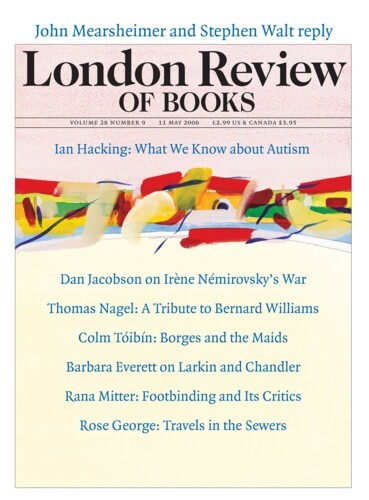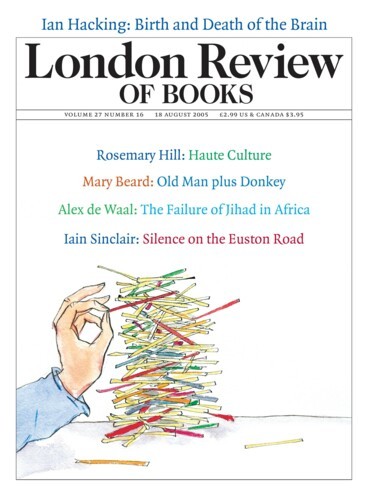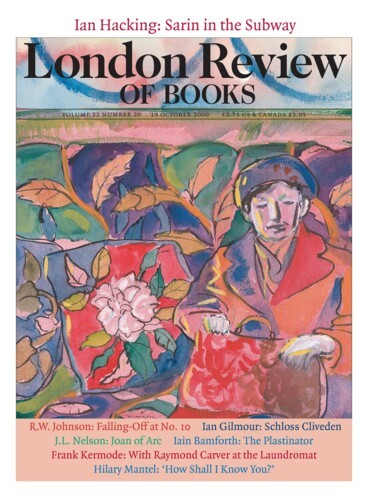Making Up People: clinical classifications
Ian Hacking, 17 August 2006
I have long been interested in classifications of people, in how they affect the people classified, and how the affects on the people in turn change the classifications. We think of many kinds of people as objects of scientific inquiry. Sometimes to control them, as prostitutes, sometimes to help them, as potential suicides. Sometimes to organise and help, but at the same time keep ourselves...





